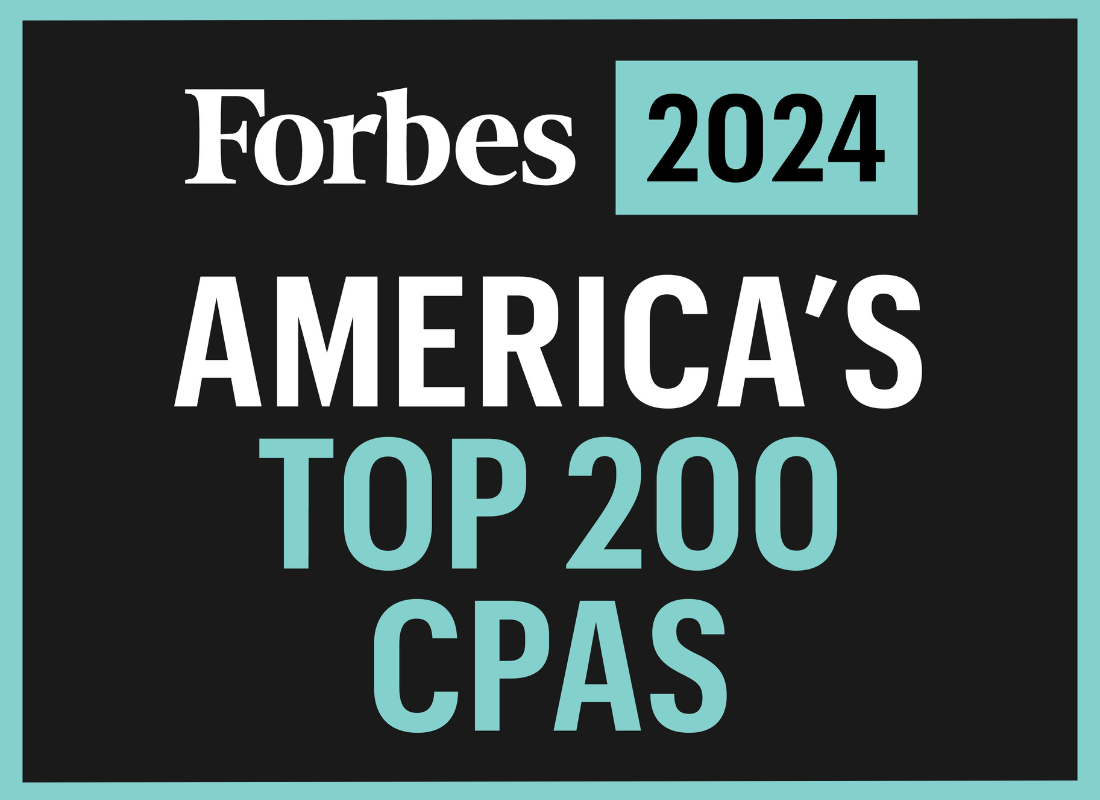Want more like this?
Sign up today to get free articles, webinars, whitepapers, yearly guides and more delivered to your inbox.
New PPP Forgiveness Guidance: Owner-Employee Compensation and Rent-Related Costs
Originally published on September 4, 2020
Updated on January 23rd, 2024
On Aug. 27, 2020, the U.S. Small Business Administration (SBA) and the Treasury released their final interim rule on a key portion of the Paycheck Protection Program (PPP). The guidance, Treatment of Owners and Forgiveness of Certain Nonpayroll Costs, offers a few important clarifications on PPP loan forgiveness.
Owner-Employees
Owner-employees with less than a 5% ownership stake in a C or S Corporation are not subject to the owner-employee compensation rule. This rule, introduced in June, capped the amount of loan forgiveness for payroll compensation for owner-employees. This was to prevent these owners from claiming payroll funds for another employee, only to lay off the employee and still be forgiven for that portion of the loan.
Eligibility of Certain Nonpayroll Costs for Loan Forgiveness
Funds used toward the business operation of a tenant or sub-tenant of the borrower are not eligible for loan forgiveness. For example:
- A borrower rents an office building for $10,000/month.
- She sub-leases a portion of this office space to other businesses for $2,500/month.
- Only $7,500/month is eligible for PPP loan forgiveness.
There are also limits on household expenses for a home-based business that can be forgiven. If a borrower works out of his home, he may include only the share of covered expenses that were deductible on his 2019 tax filings. (If the business is new, his expected 2020 tax figures would be used.)
Rent Payments to a Related Party
These rent payments are eligible for loan forgiveness as long as they meet the following two requirements:
- The amount of forgiveness is no more than the amount of mortgage interest owed on the property during the covered period that is attributable to the space being rented by the business.
- The lease and the mortgage were entered into prior to Feb. 15, 2020.
However, mortgage interest payments to a related party are not eligible for forgiveness. This is to maintain the intent of PPP loans to help non-payroll obligations to third parties.
While this is an interim final rule, SBA guidance on these and other matters continues to evolve.
All content provided in this article is for informational purposes only. Matters discussed in this article are subject to change. For up-to-date information on this subject please contact a James Moore professional. James Moore will not be held responsible for any claim, loss, damage or inconvenience caused as a result of any information within these pages or any information accessed through this site.
Other Posts You Might Like

